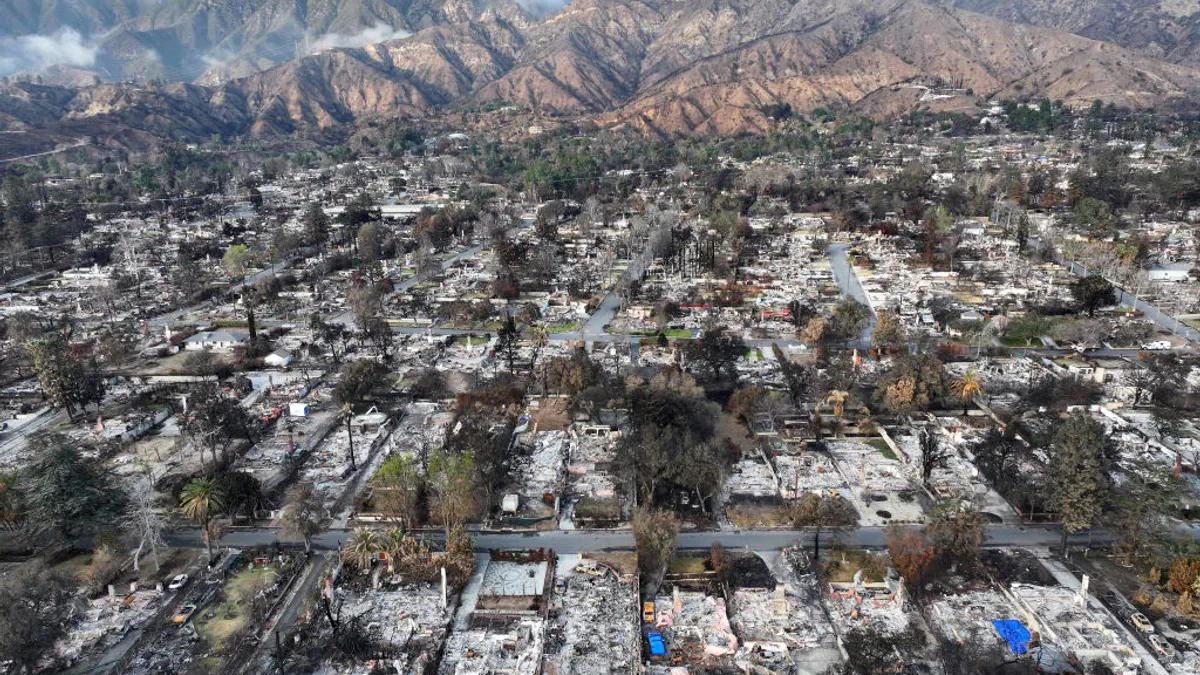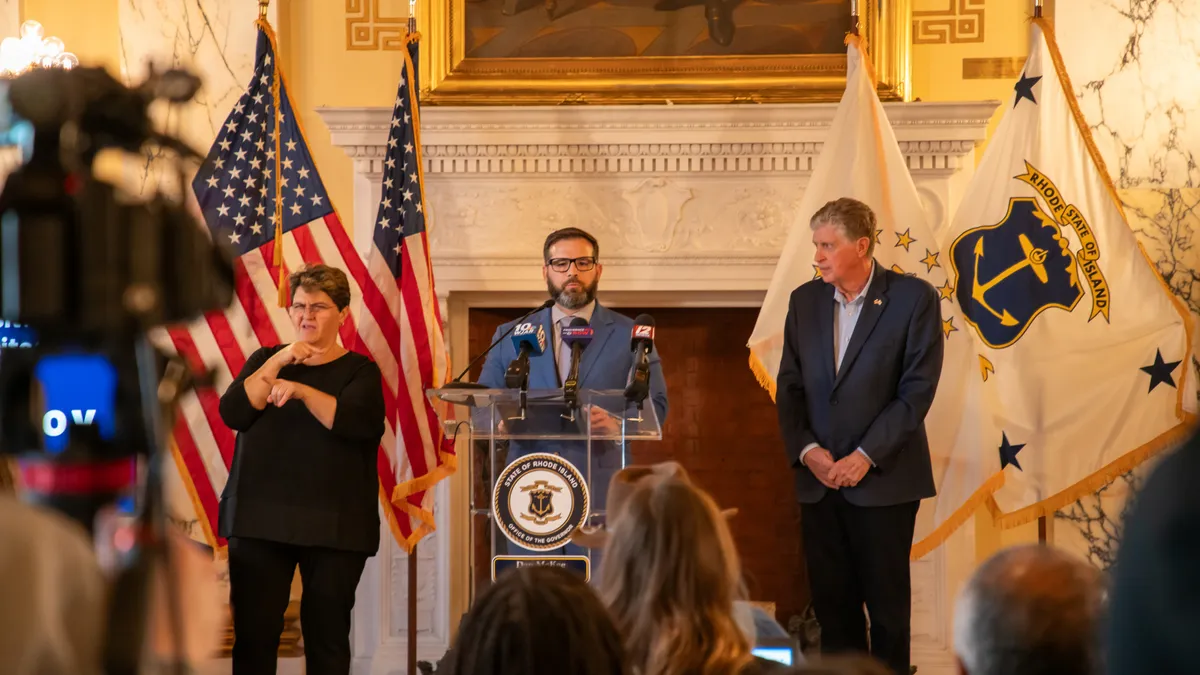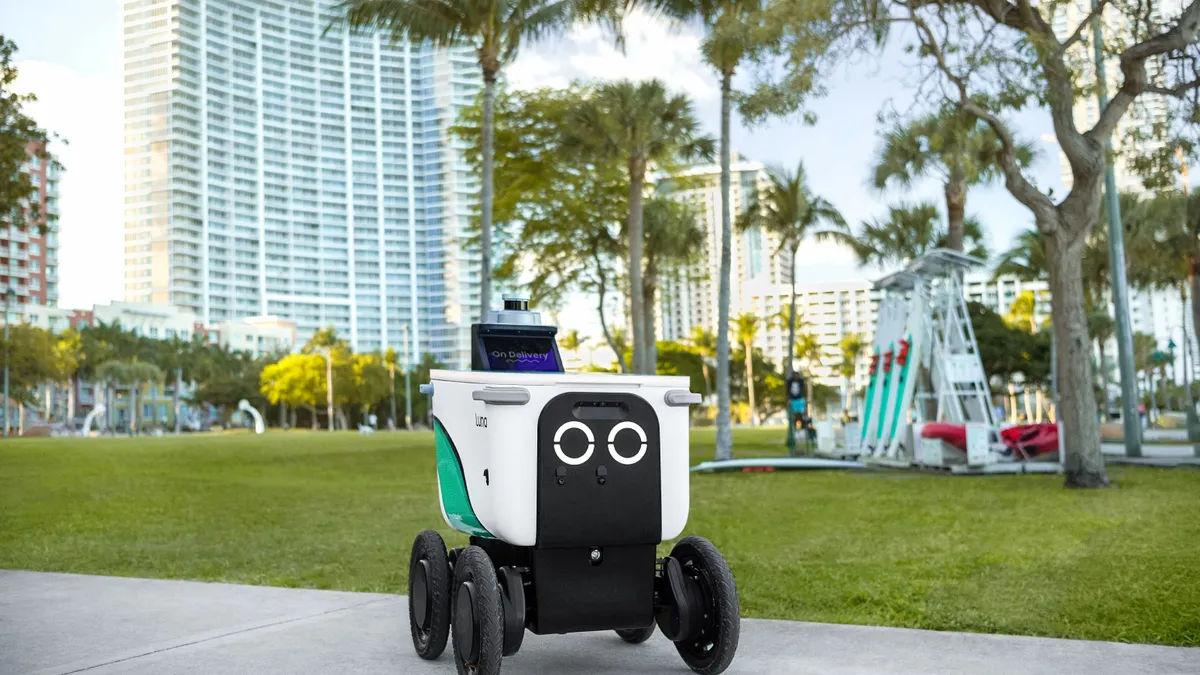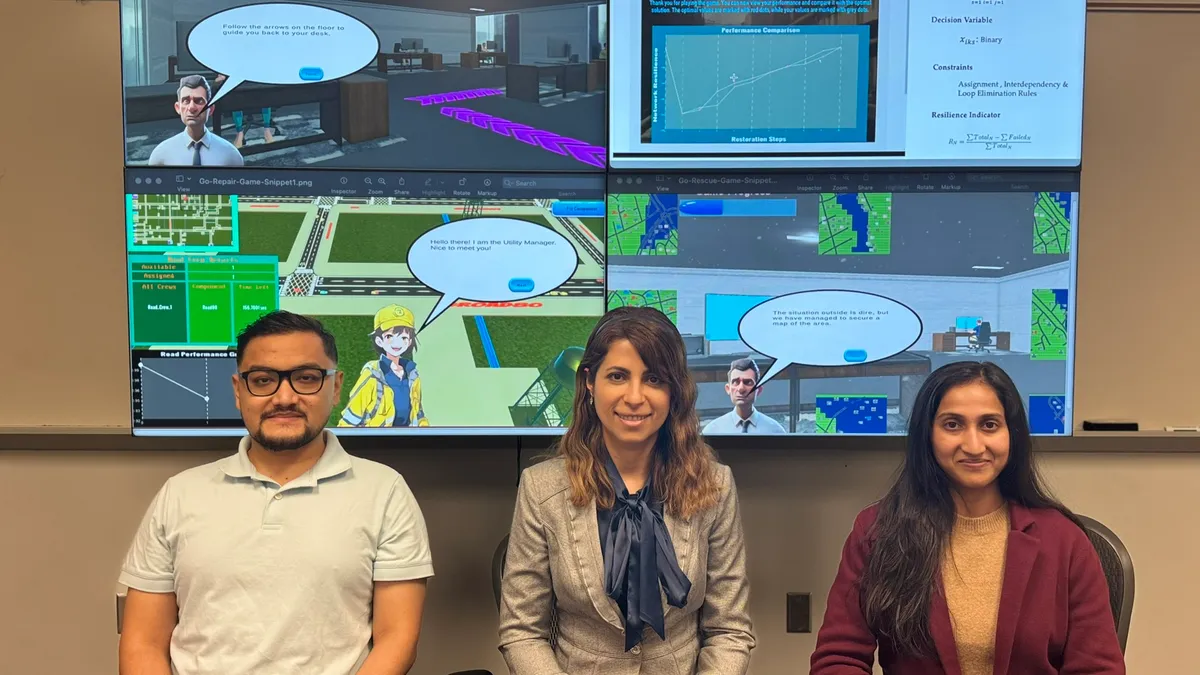North Carolina’s “research triangle” metro area — encompassing Raleigh, Durham and Chapel Hill — has for years attracted innovation and tech jobs. Now, the cities are working hard to become collaborators in smart city strategies, too.
Collaboration was the focus of the Connected Triangle+ Summit on Nov. 9, where more than 300 attendees heard from private- and public-sector speakers about how to harness new technologies in government innovation.
Speakers cautioned the audience to tread softly when using these new technologies while learning how to share data, funding and ideas across jurisdictions and stakeholders. Some speakers shared their firsthand experience with the Research Triangle; others spoke to strategies widely applicable to other North American cities.
Keynote speaker Jim Mills, an industry workflow specialist at Dell Technologies, said that artificial intelligence is top of mind for the cities the company has worked with on a variety of smart city projects. Figuring out the best use cases for AI has been a key challenge, Mills said. The company developed a process that first focuses on the desired outcome and its value proposition before assigning a technological solution: “What is the city objective? What's the budget? … What's the need for the community?” The value proposition is not always around money, Mills said, especially within a city. It’s often around resident experience: You’re aiming for a safer environment, or you want to provide residents with fast access to information, for example.
Dell’s seven-step process starts there. After understanding the desired outcome, it determines what workflow is needed to deliver such results and identifies technological partners who might be able to deliver that outcome. Next it optimizes a pilot application for solution performance and validates the solution in real-world scenarios. It pilots the proof of concept with the data and then deploys its solution.
Building trust in smart cities projects
In a panel focused on data-sharing projects, Laura Rodgers, director of cybersecurity practice at North Carolina State University, and Robert Maxwell, CEO at tech enterprise TGT Solutions, detailed how they gain residents’ trust for smart city projects.
Each smart city project has the opportunity to build trust within a community or “potentially destroy it,” Rodgers said.
“Privacy and cybersecurity — those are not departments, they're not people, they’re values,” she said. “We have to make sure that everyone in the community understands and truly believes that we mean that when we start on these smart cities projects. Because if we do not protect their data, if we do not afford them the privacy that we have promised, that we would give them, then we will destroy the trust that they have in this organization.”
Maxwell said to gain trust, TGT shares a clear vision with the community of what a project is aiming to accomplish and asks for input. You can’t rush this process, he said; often TGT looks at trust-building within a community as a precursor project to the main project.
If the company is looking to lay cable or install other tech hardware in a community, it may spend a few months building a collaborative framework — open communication and feedback with a community to discuss outcomes — before starting the actual installation work.
Maxwell described a current project for a metro area and a local university. TGT has spent about a year figuring out this “collaboration framework,” getting answers to questions like “What does the university want out of this?” and “How are we going to share data?” They now expect to be able to complete the project in six weeks, the CEO said.
“Collaboration was absolutely key,” he said. “Create the framework upfront, then you can have a highway on which you can speed.”
Collaborating across communities
Collaboration between stakeholders on a smart city project is key, speakers said, but collaboration between jurisdictions was also a focus of the summit. The larger cities in the Research Triangle seem like an obvious use case, as they often share talent and research facilities. But Brandon Zuidema, town manager of Morrisville, North Carolina, said his small town of about 30,000 residents has been collaborating with other towns to share safety and financial resources.
In the four years that Zuidema has worked for Morrisville, the town has received accolades for its smart city efforts. One project, for example, allows residents to see live updates about local parks, including how busy tennis courts may be, an initiative that won a 2022 Smart Cities North America Award from IDC Government Insights.
Morrisville just submitted a joint grant application for a smart city project with another municipality, Zuidema said, and he hopes that type of collaboration continues.
In the meantime, Morrisville’s fire department and two towns nearby are already collaborating. They’ve implemented preemption, or a sharing of resources, to serve three communities with one fire department, Zuidema said.
Zuidema’s advice for community leaders who are intimidated by the idea of smart cities or worried about not having the size or resources of larger metro areas is to simply “do something.”
“You don't have to start with this all-encompassing master plan that's going to take 10 years to implement and millions of dollars,” he said. “Do something. Start out with something small, demonstrate how it works. Get a little proof in the pudding, if you will, that allows better support from the community for additional funding.”


















